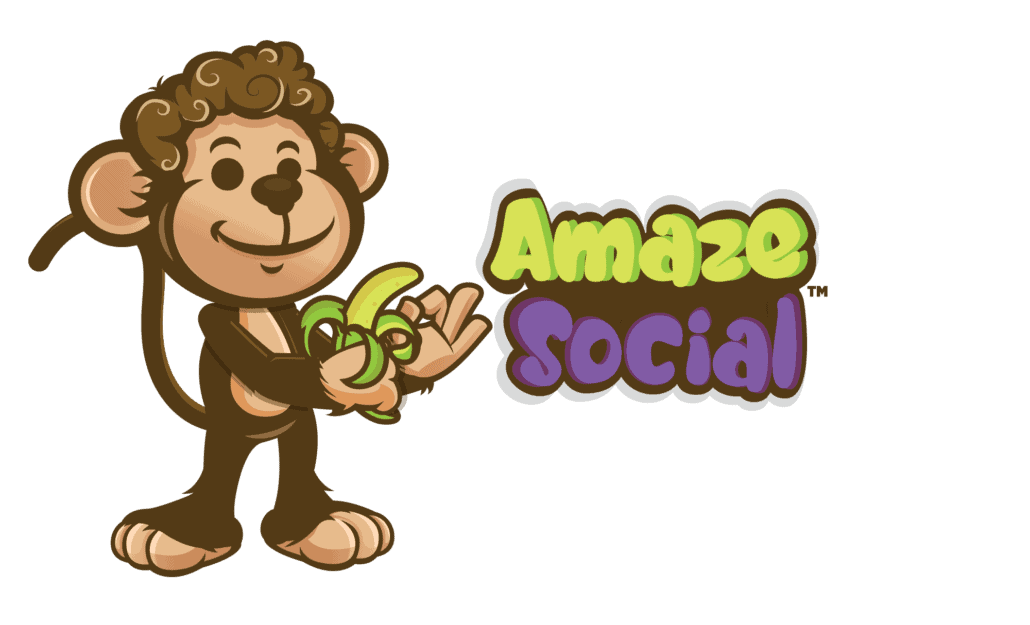Most of us smart phone using adults and adolescents are addicted to our devices. Like Pavlovian dogs, we are seemingly helpless to our nearly automatic review and response to the incessant rings and pings that pepper our days. Signalling immediate urgency, all of those alerts clamor for our attention, and we give ourselves over to the calendar reminders, text messages (god forbid group chats), emails (for those of us old enough to still use that form of communication), social media mentions/likes/retweets/comments/snaps, let alone the myriad of applications reminding us to be more mindful, discover more music, ask if we’ve gone for a run today, and barrage us with yet another sensationalized and pessimistic news headline.
If you’re like me, you have already turned off many notifications, channeled your inner Marie Kondo and organized those essential and “joy-bring” apps while the rest have been deleted, but has that really lessened the desire to constantly pick up your phone? See if you’re needed? Or check in case anyone has responded yet to that pithy post or perfectly filtered Insta-pic? Nope? You’re not alone because by the time we reach that level of exasperation with feeling like a mere extension of our amazing micro-computers, we have already become addicted. No, not a clever use of an adjective, we seriously have a mass epidemic of smart phone addiction.
The science is there, we have been experiencing small pops of dopamine flooding our system when we use our smart phones and elicit positive reactions or affirming interactions via this technology. Now we’re not talking base jumping levels of adrenaline inducing euphoria, but enough dopamine to start conditioning us like that aforementioned Pavlovian dog. And then it happens to smart phone users and base jumpers alike, you don’t get the same high you once did, and behaviours begin to escalate. Luckily for most of us we’re not engaging in increasingly risky behaviour (what’s after base jumping???), but our screen time let alone the sheer frequency with which we pick up our phones has exploded.
Be honest, on more than one occasion you’ve found yourself aimlessly scrolling through threads and feeds on your phone yet are barely cognizant of the content for which you swipe through, or regularly “watch” TV while you’re glued to your phone. It takes more and more to get a “hit” of dopamine from our tech usage and increasingly we’ve become anxious, sullen and feel powerless to throwing away hours of our day on meaningless screen time (which now averages 3.5-5 hours daily!). A coincidence that levels of depression have balloon? I think not, while there are certainly multiple factors that impact the propensity for depression, as social creatures it is dangerous to our ability to function and thrive when we conflate the difference between actual social interaction and a device intended to facilitate quick communication, administrative efficiencies, portable entertainment, etc.
It’s almost as if we opened Pandora’s box, while smart phones are seemingly ubiquitous with adulting (and yes kids think they “need” one too), how do you break an addiction without walking away cold turkey, and is that really possible in this day and age? I don’t ascribe to any conspiracy theories about all of this technology having been built to spy on or otherwise control us (though there is some scary potential for those with nefarious inclinations), but rather we just adopted smart phones faster than any other technology to come before it and likely missed a good opportunity to methodically assess impacts and potential outcomes. Don’t worry, I’m not asking you to boycott your device, but perhaps we should look at root causes that primed us for this addiction in order to determine pathways for liberations and healthy coexistence with our technology.
I believe there is one elephant in the room for which we should point (and hey this is a blog post, so I can’t expose all our problems in 1000 words or less!) – Ego. How many of us truly have a healthy relationship with our self-esteem, ability to feel connected with others (this includes trust) and/or our emotional resiliency to handle the hurdles, disappointments and quite frankly traumas that happen throughout our lifetime? Unwittingly, smart phones along with its related technology and applications have falsely placated our deepest insecurities. How amazing does it feel to get positive social feedback on a great picture you’ve posted (filtered or not), or feel important and needed at work despite the crushing amount of email, texts and chats you receive, etc. As a social creature it’s not wrong to want positive feedback and belongingness, but we’re falsely achieving those instinctual needs and simultaneously making ourselves more insecure, unhappy and disconnected through the very means that we’ve been trying to bridge those issues.
I’m not a psychotherapist, but I DO believe we need to have honest, open and non-stigmatized conversations about mental health. Yes, things are better than my parent’s generation, but not nearly progressed enough for us to have accessible, affordable and systemic policies and programs to facilitate holistically healthier people. Mental health is not just the absence of a clinical diagnosis, but also pertains to one’s adjustment to a healthy self-image and the ability to handle adversity as well as function socially to the extent one needs. So optimal health is one of the mind and body. While we’re seeing a growing trend recognizing these needs, it is still nascent, and the emphasis is almost always lopsided towards the corporeal health such as one’s diet and exercise.
What do you think? If we change perceptions on what is mental health and the access to modalities of treatment, thereby improve our adjustment to life and a well-developed ego, will we be able to curb our mobile addiction or are the psychophysiological dynamics too strong? Perhaps it is technology that needs to change, our culture and/or all of the above? In the very least technology is shining a spotlight on our collective need for mental resilience; let’s use this opportunity to grow, we owe it to ourselves!


